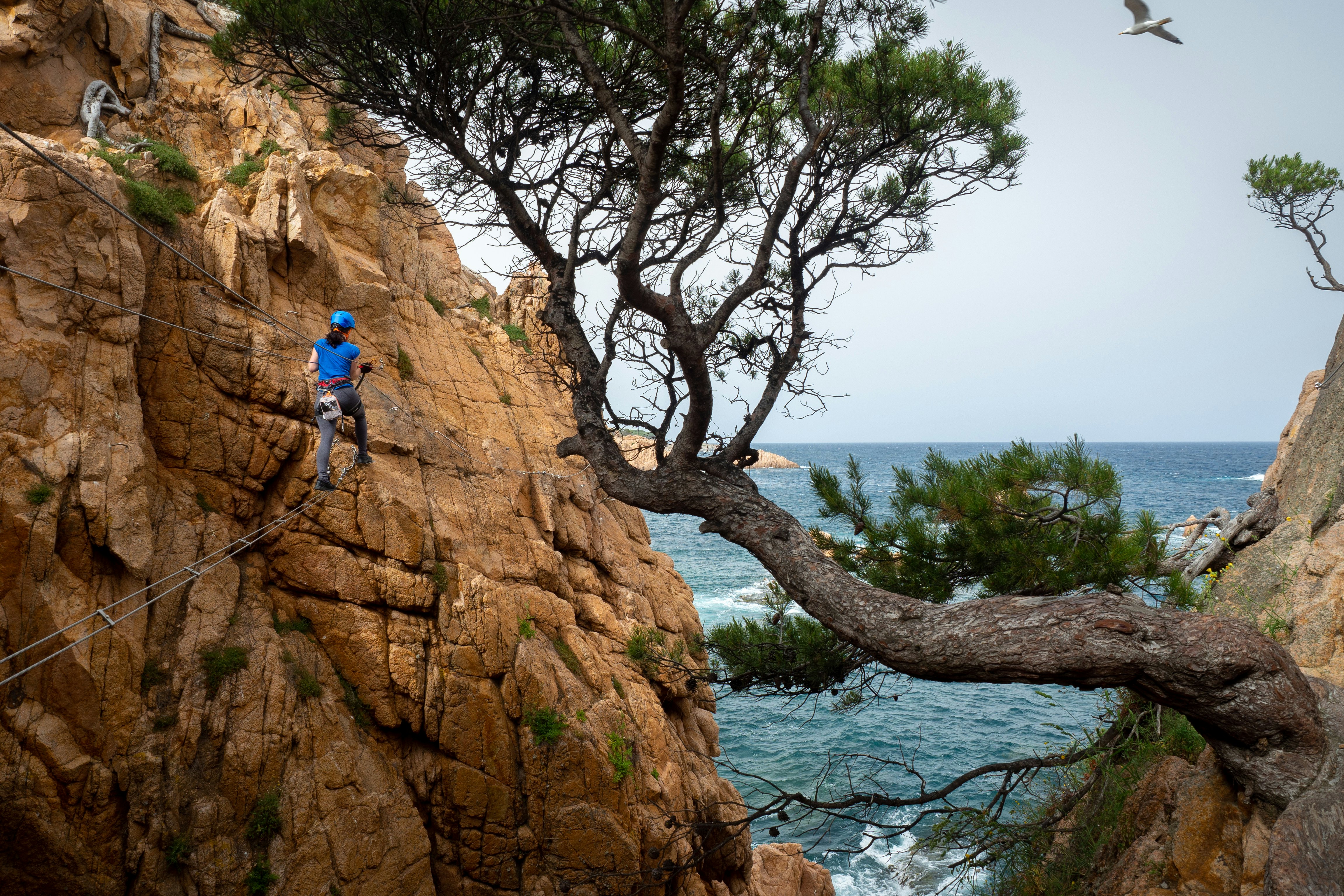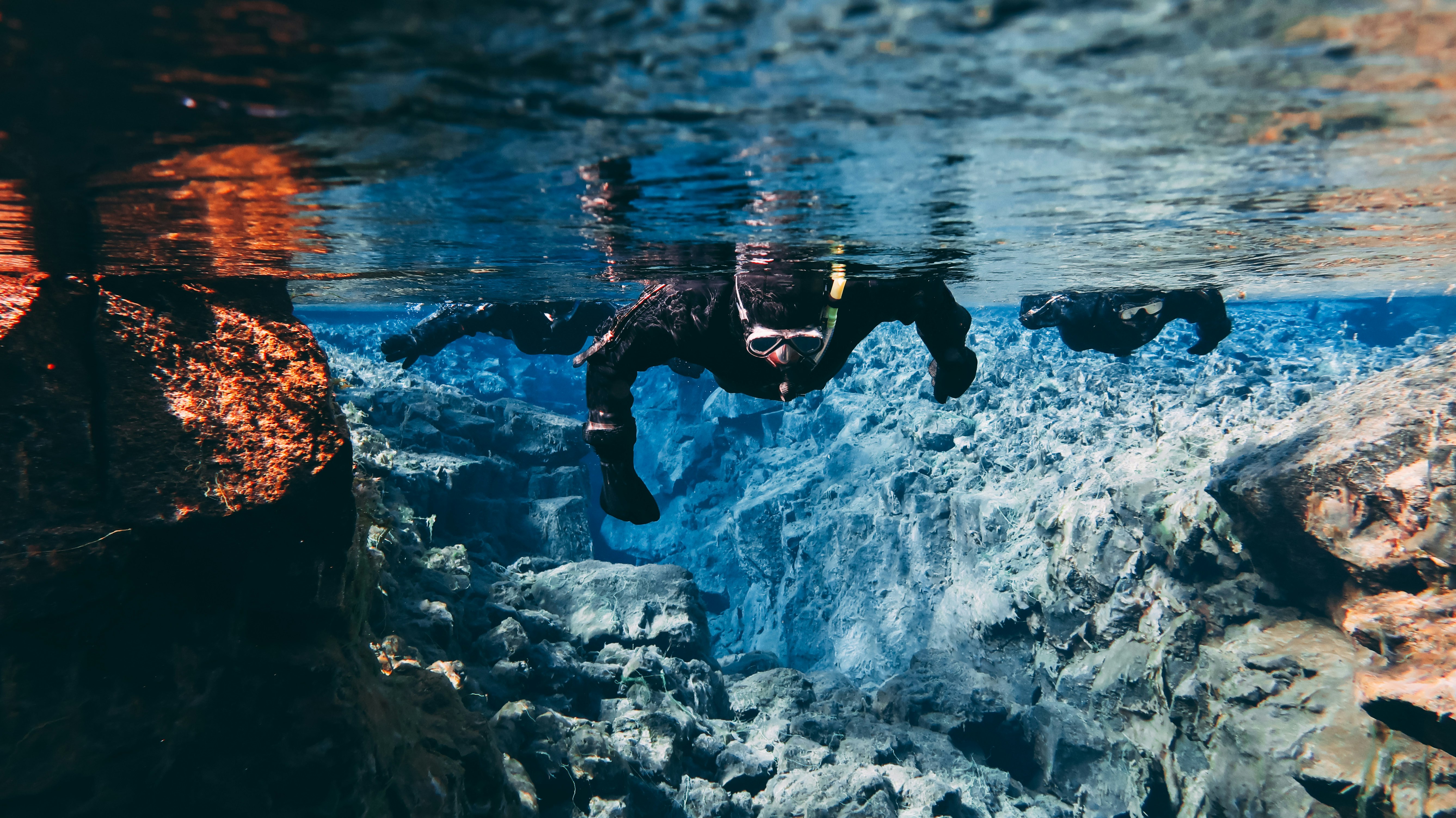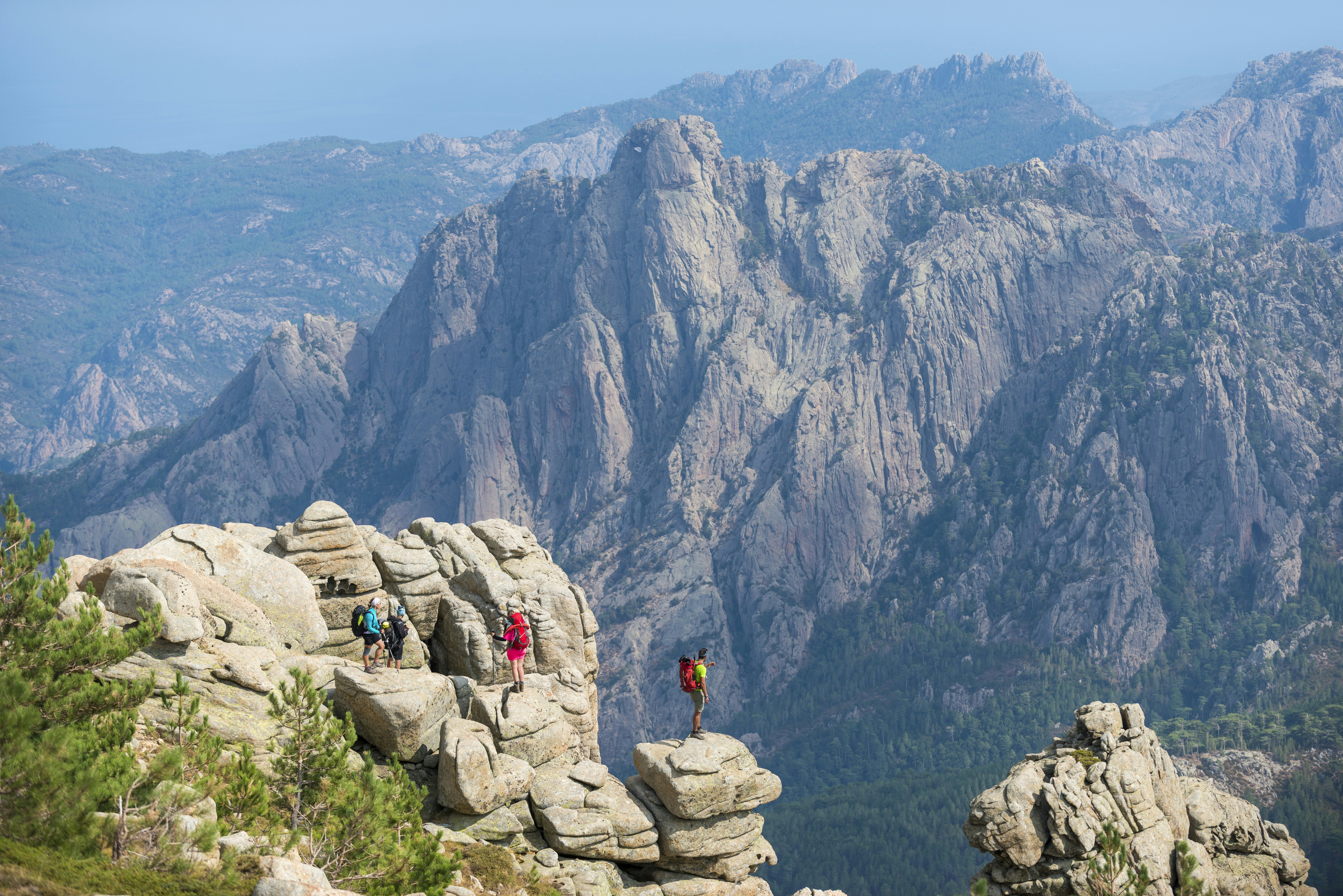
The 30 best countries, cities and regions to visit in 2025

Jan 17, 2025 • 8 min read

Here are the world's best high-adrenaline experiences. Martin Braito/Getty Images
Launching off a mountain may not be top of your vacation plans, but if you’ve ever had even a passing daydream about soaring through the air and landing on a ski slope, the world of extreme sports may give you a new reason to travel.
I’ve tried some of these sports, like winter paragliding in the French Alps. It was in the ski area Alpe d’Huez where I found myself strapped to Didier, a professional tandem paraglider. “I will pull up the kite and then” – dramatic pause – “we will ski off the mountain” he told me. Excusez-moi? Before I knew it, we were strapped together and soaring at 2115m (6940ft), landing finally on the ski slopes like rock star extras in a James Bond film: stirred, and a little shaken. I (now) know the French Alps are a heavenwards highway for paragliding fanatics chasing swirling thermals, giving travelers a new reason to visit. Chasing these kinds of thrills may be the best way to find your next travel destination too.
From ski mountaineering to cliff diving, kite foiling and wreck diving, here’s a hit list of unmissable extreme sports that are guaranteed to give you a rush of adrenaline.

Kitesurfing is one of the most beginner-friendly sports out there, with schools from Bali to Bermuda full of like-minded sea lovers. But for those seeking their next big thrill, kite foiling has joined the fray. In this variation, you step into foot straps on a board that sits on a hydrofoil. Suspended above the water line, riders can go much faster – think 45 knots (51mph, or 82km/h) – and in lighter winds.
Where to try kite foiling: Head to Eastney Beach near Portsmouth, England, where the 2024 Summer Olympic kite foiling qualifiers were held, and take a class at the Andrew Simpson Centre. Amp up the excitement at chic El Gouna on Egypt’s Red Sea (just a 30-minute drive from Hurghada International Airport) or Jericoacoara in Brazil, which both receive cross-shore winds.

Heading underwater is more intense when the destination is the shadowy remains of a ship, plane or other structure sunk below the surface. Sri Lanka’s HMS Hermes tops many a wreck diver’s must-see list. The first purpose-built aircraft carrier, it sank in 1942 to its current resting place at a depth of about 55m (180ft). As wreck diving grows in popularity, some destinations are scuttling retired ships to make artificial reefs, such as those around Recife in Brazil and the Witconcrete in Belize.
Where to go wreck diving: Denmark’s Baltic Sea coast is a treasure chest for wreck diving, thanks to the low salt levels that have helped preserve WWI-era wooden cruiser and steamship wrecks. In Langeland and Bornholm, beginners can join tours with local dive schools.

Welcome to the equivalent of Formula 1 on water. In this series of high-speed races strung across 14 iconic locations from Auckland to Rio de Janeiro, elite athletes on 12 national teams race identical multimillion-dollar F50 catamarans, making the high-speed contests a true test of skill.
Where to watch SailGP: Sydney Harbor in Australia is one of the OG events, attracting thousands of international fans for a full weekend of up close spectating on a midharbor island complete with a bar, luxe food trucks and DJ beats.

At Polignano al Mare in Italy’s Puglia, divers launch themselves from a platform nine stories above the Adriatic as crowds watching from the nearby rocks collectively hold their breath. It is just one stop on the Red Bull Cliff Diving World Series, but it’s arguably the most awe-inspiring, with swimsuit-clad competitors passing by restaurants and through private houses to access the site. Alongside the stunning surroundings, the athletes’ aerial awareness and the physical strength necessary to hit the water at close to 10 times the force of gravity are sure to impress.
Where to try cliff diving: Outside the competitive extreme, you can take a cliff diving tour with the W Algarve. Or head to the Greek Cyclades and visit Milos and Koufonisi (Koufonisia), where rock formations plummeting into deep indigo waters lure amateur and expert rock hoppers alike.

With apologies to heli-skiing and ice climbing, ski mountaineering is arguably the ultimate winter sport, and it is heading into the spotlight as a new addition to the 2026 Winter Olympics slate. Skiers flip the script and start by racing up a mountain, then ski back down. Depending on the course, ice axes, harnesses, ropes and crampons may come into play to dial up the challenge.
But there’s no need to go straight for the gold. Because both skiing and mountaineering know-how are required, you can progress through the skills at your own pace and eventually find yourself at literal mountain highs.
Where to try ski mountaineering: There’s no quick YouTube tutorial to ski mountaineering, but an abundance of ski areas offer skill-building classes, including the women-only Ski Goddess courses in France’s Châtel and Arc’teryx Academy’s mountaineering clinics held in world-class mountain towns such as Jackson Hole, Wyoming and Chamonix, France. Private lessons are available with big mountain icon Chris Davenport in Aspen, Colorado.

You don’t need to be a star athlete to take an ice plunge – you just need determination. In Finland’s Levi, Norway’s Bodø, and even Denmark’s seaside Copenhagen, teenagers up to octogenarians take icy dips on the regular. Devotees in cold regions around the world have long been immersing themselves in freezing water to reduce inflammation, build resistance, balance the nervous system and improve cognitive function and mood. Wind up the experience in a nearby sauna for an endorphin-zinging thermal shock that’s accessible to many.
Where to take an ice plunge: Jump in at any of the top destinations for cold plunges around the globe, but the floating Arctic Bath in Swedish Lappland is unrivaled. The midriver circular building resembles a bird's nest and maintains an open-air ice pool. Or book a spot at the Scandi House Levi, where you can drop into a frozen river through a custom-cut hole.

If your travel insurance doesn’t cover jaw-dropping base jumping in Mürren, Switzerland, then clip into the via ferrata carved across craggy Bernese peaks 4000m (13,123ft ) above the Lauterbrunnen Valley. Italian for “iron way,” the via ferrata follows a mountain path consisting of rungs, rails and cables notched into the rock face. It was developed during WWI to assist with troop mobilization through the Alps, but now it is a heart-thumping route through areas otherwise reserved for mountaineers.
Where to hike a via ferrata: The Italian Dolomites are the spiritual home of the via ferrata. Stay at La Perla Hotel in Alta Badia’s Corvara and take the mountain-loving family’s advice on some of the more benign paths around the valley.

You don’t need an air tank to get extreme; just head to Iceland. This mystical land of lava and supercharged splendor, where geysers gush and glaciers ruthlessly rip the landscape, offers endless activities to stoke any adventurous soul. Not least among them is dry-suit snorkeling in the Silfra Fissure. The rift between the Eurasian and North American tectonic plates is breathtaking. Imagine floating in a giant diamond, over an underwater landscape millions of years in the making, where algae wafts like chiffon, and it’s clear why this experience is like no other.
Where to try extreme snorkeling: If cold water isn’t your thing – Silfra clocks in at 4°C (49°F) – but spectacular snorkeling is, cruise over to Million Dollar Point in Vanuatu, where a former US military base was bulldozed into the ocean, creating a haunting, liquid graveyard of eternally parked 4WDs and machinery.

It’s biking, how hard could it be? When it involves barreling down single-track lines featuring wooden ramps plus natural obstacles like midpath rocks, let’s just say this pastime is not for the fainthearted. Did we mention the speed? For professional downhill mountain bikers, brakes aren’t really a thing.
The sport offers an entirely new lexicon to learn (“grippy” dirt), equipment to buy (full-face helmets to keep that dirt from your eyes) and far-flung tracks across the map (Tasmania’s Derby). Start slowly, but you may soon succumb to the addiction of downhill.
Where to try downhill biking: Sea-level Miami unexpectedly has trails galore, like the little-known 11.6km (7.25-mile) track for novices at Amelia Earhart Park in Virginia Keys up to the drops at Hollywood North Beach Park. Experts flock to the mother lodes in Utah’s Moab and Colorado’s Snowmass, where chairlifts ferry bikers instead of skiers in the summer months.

Step it up a notch! Tackle Corsica’s Grand Randonnée 20 (GR20), which is to hikers what the North Shore in Hawaii is to big-wave surfers, minus the after-parties. As the training ground for the French Foreign Legion, the 12-day trail is legendary for making or breaking hikers. Earn your stripes during nearly two weeks of heaving ascents and descents across the scorched, mountainous interior of the island the French call le terre sauvage (the wild land).
Where to go long-distance hiking: The easiest place to gain long-distance hiking chops is on the Camino de Santiago in northern Spain, a web of well-supported trails that lead to the city of Santiago de Compostela. It can be traversed in bite-size chunks, like the final seven-day section, all the way up to a 30-day trek from St-Jean Pied de Port. Saunter into the sunrise solo or sign up with an operator like World Expeditions or Intrepid Travel.